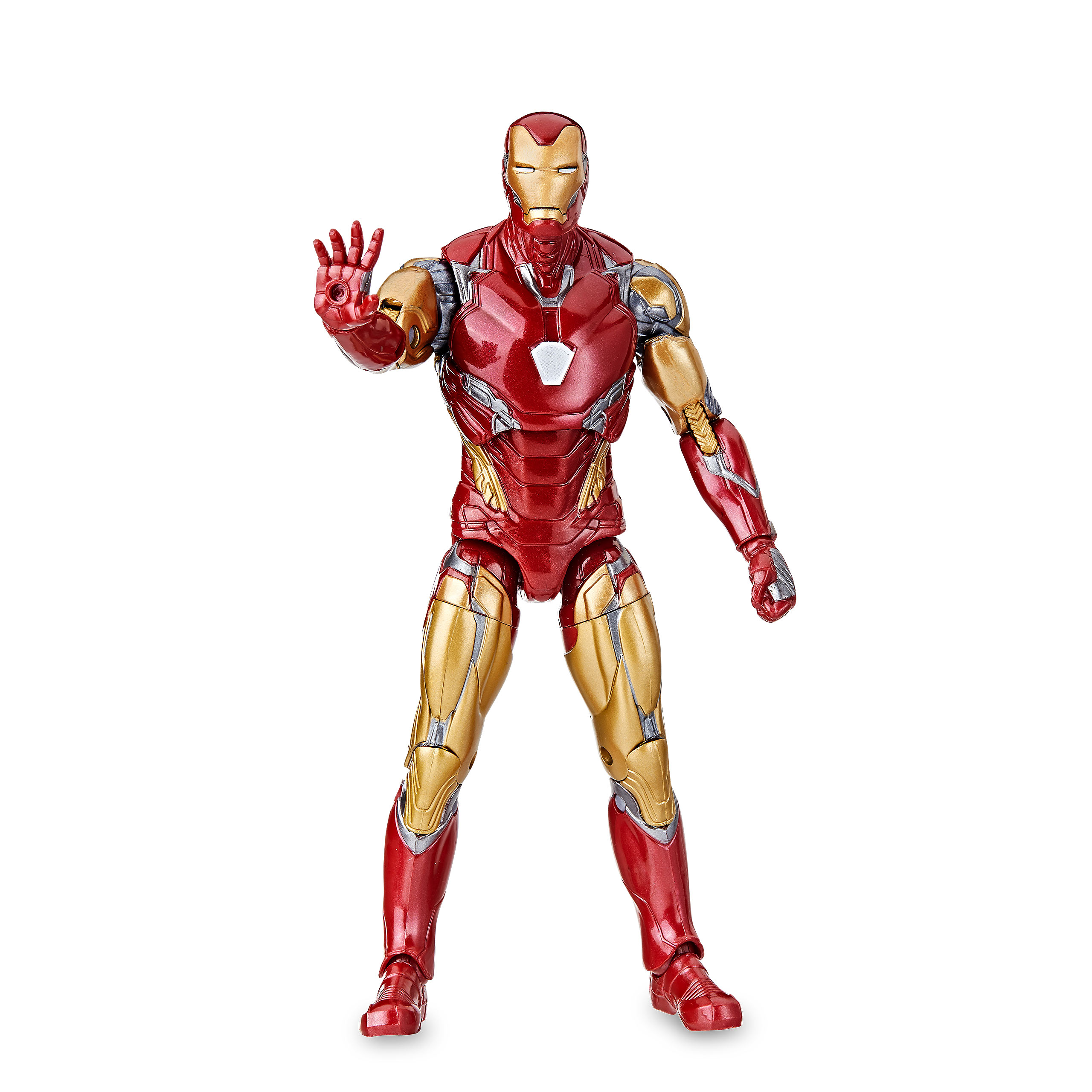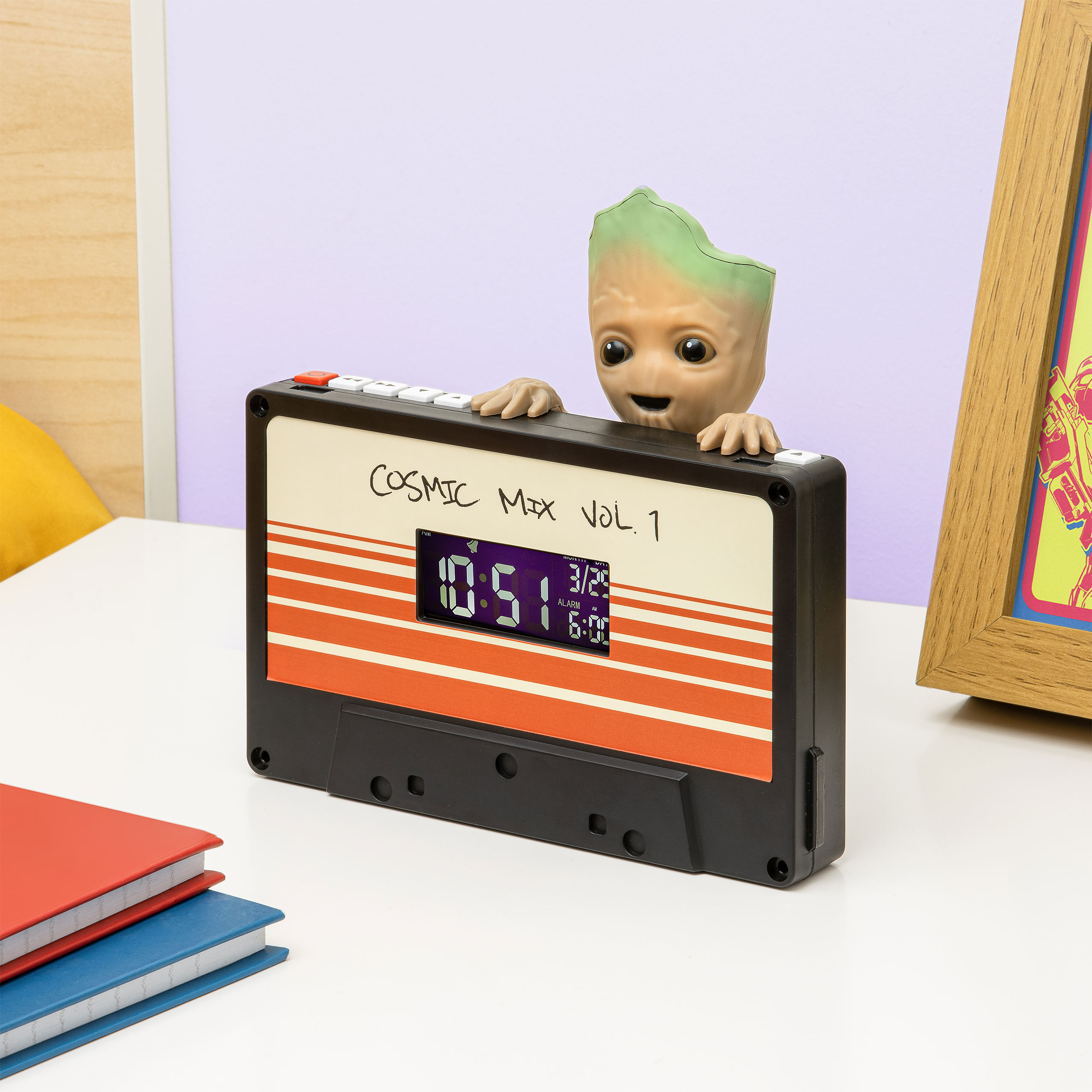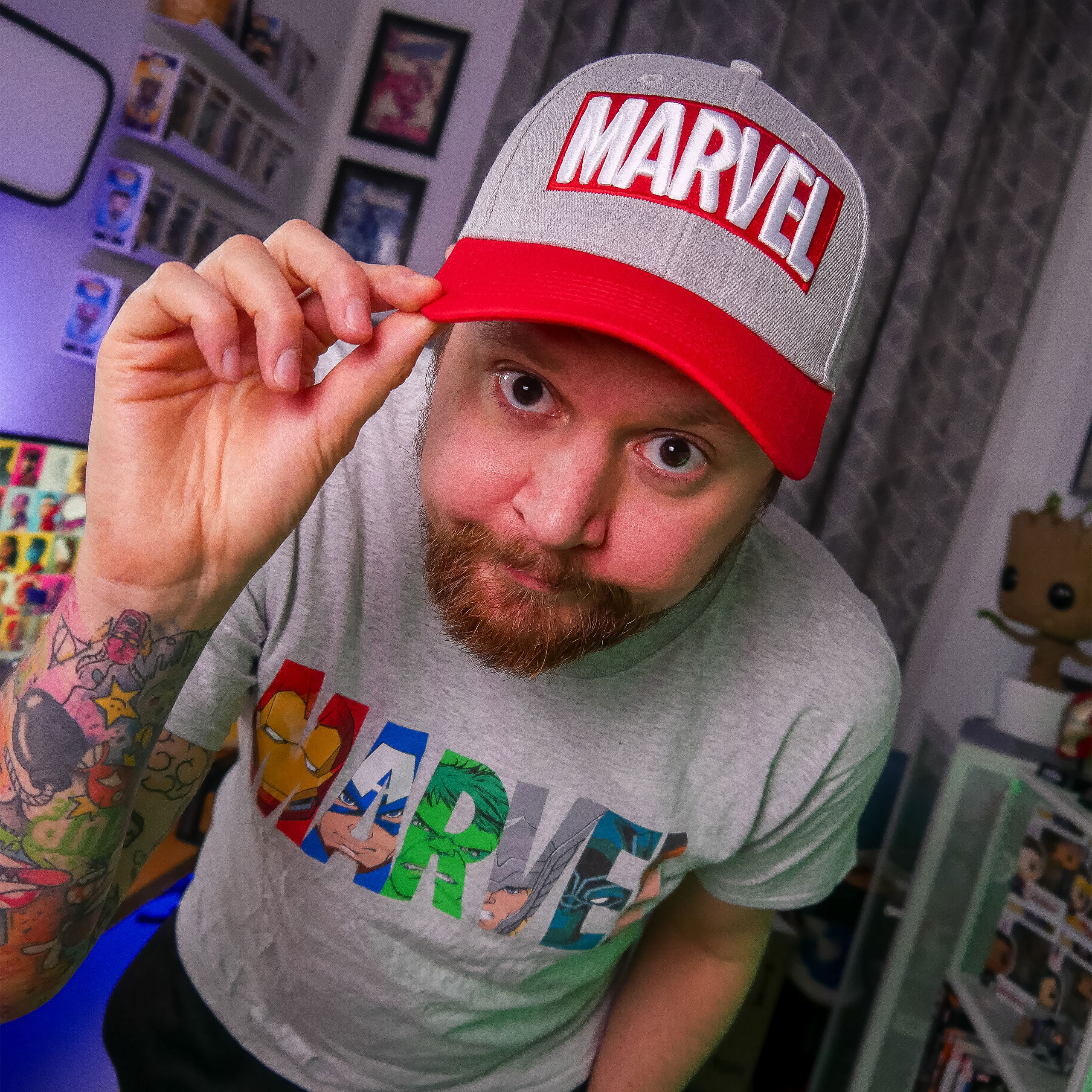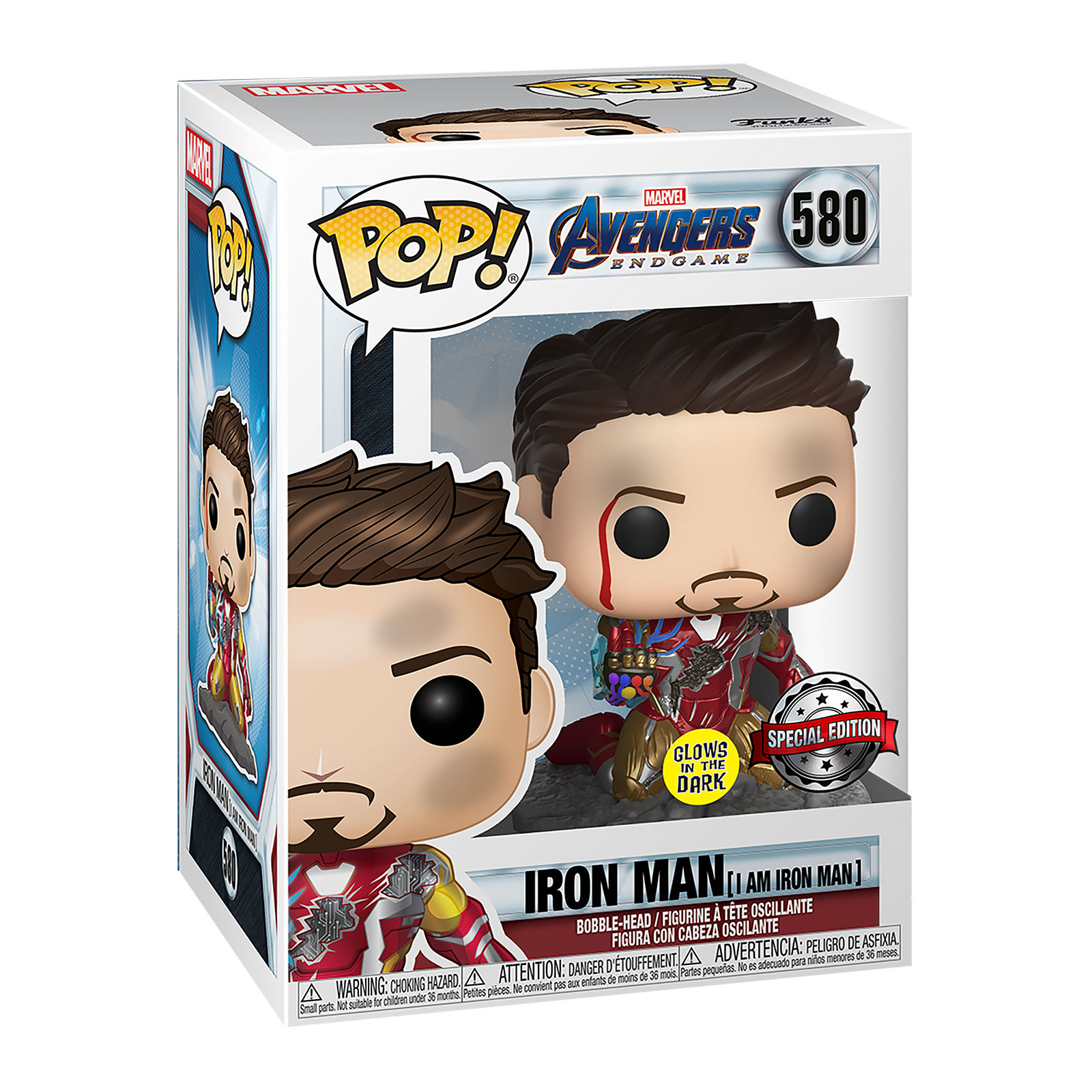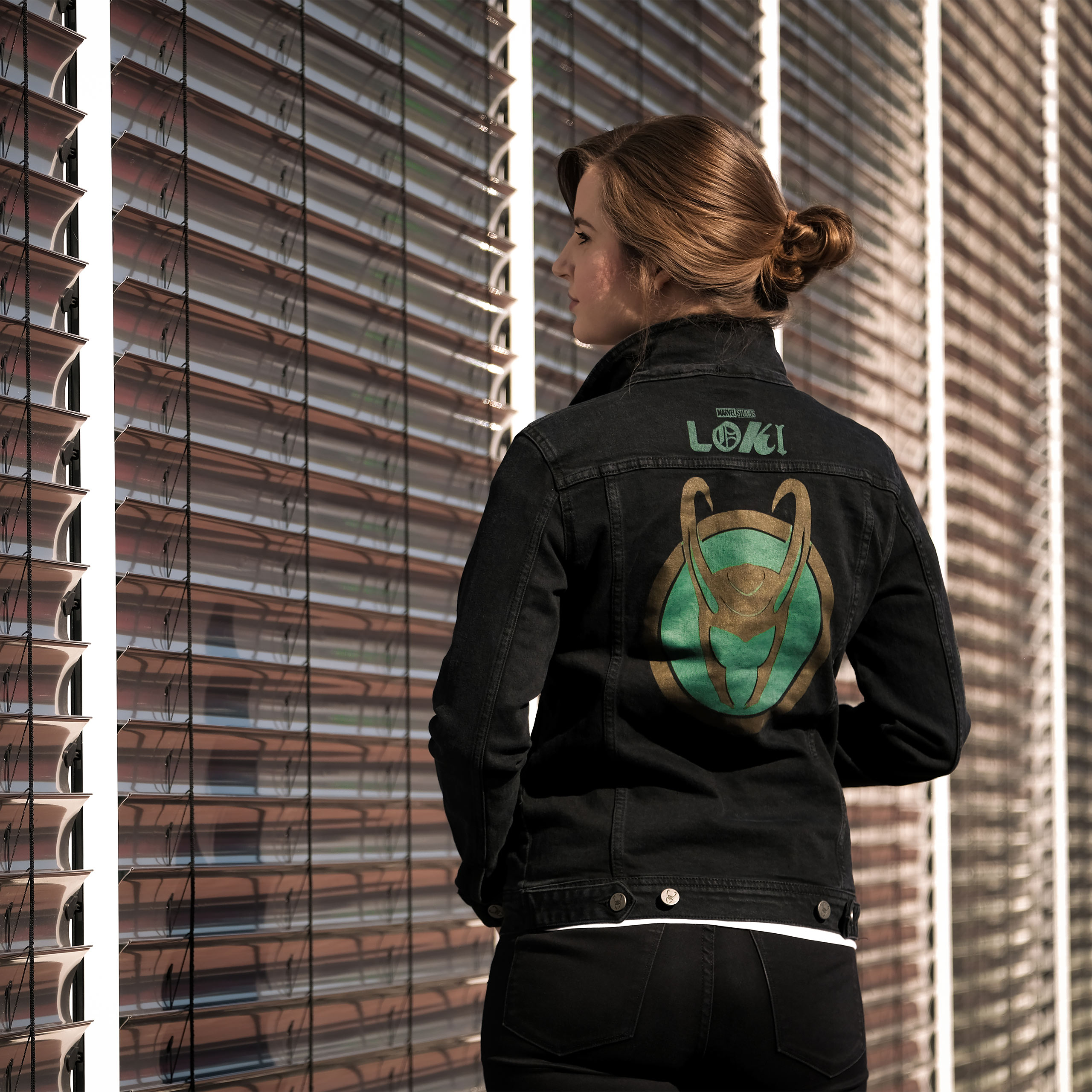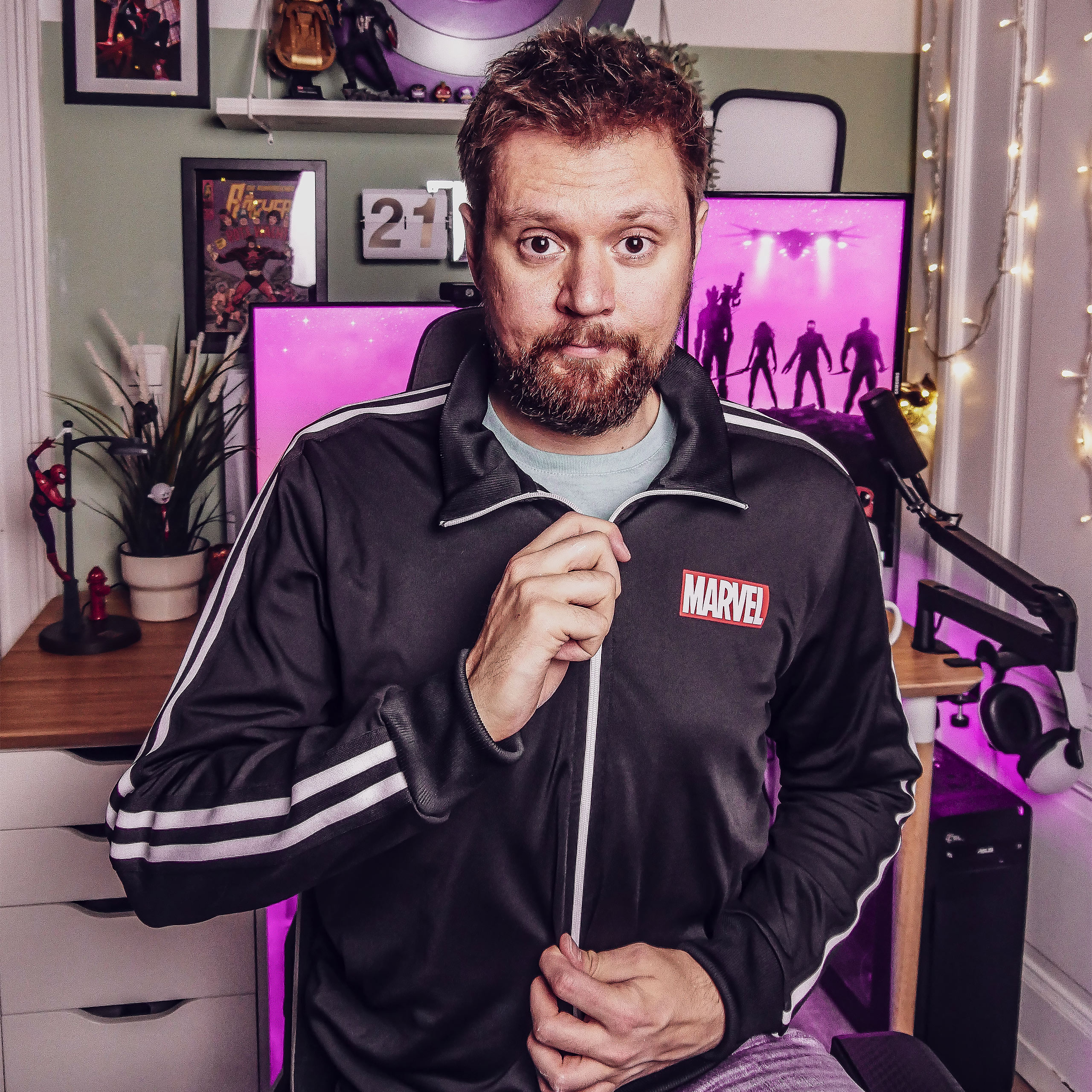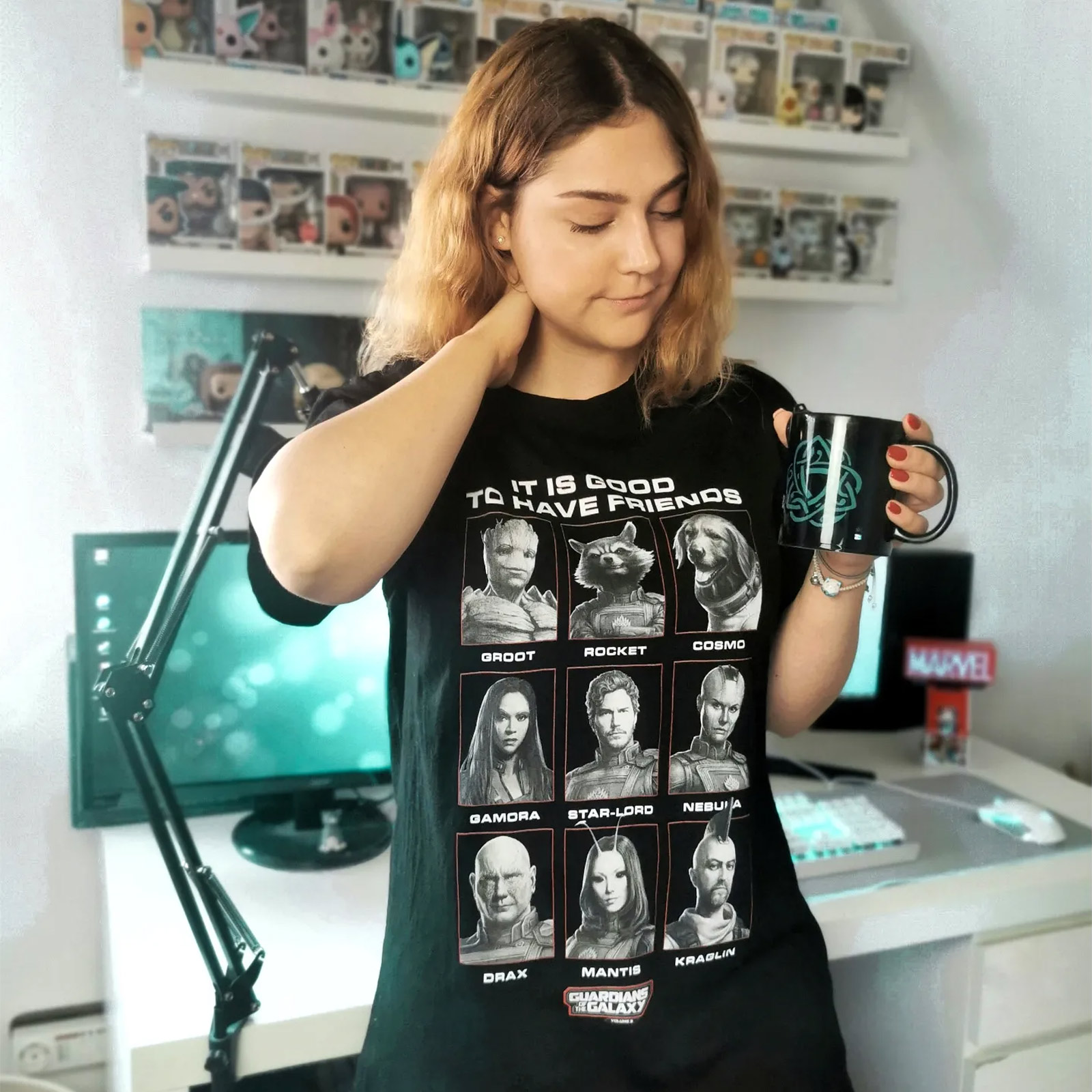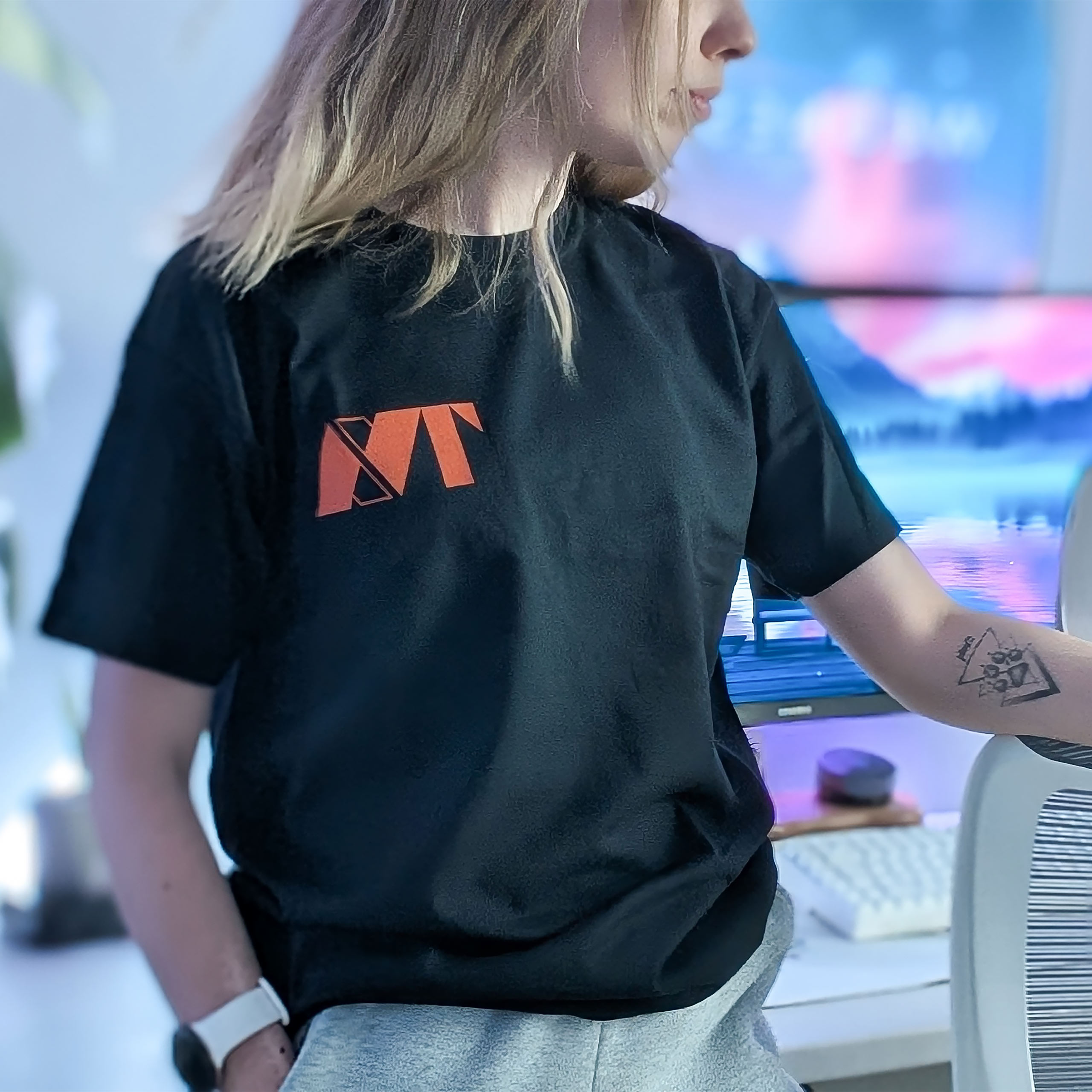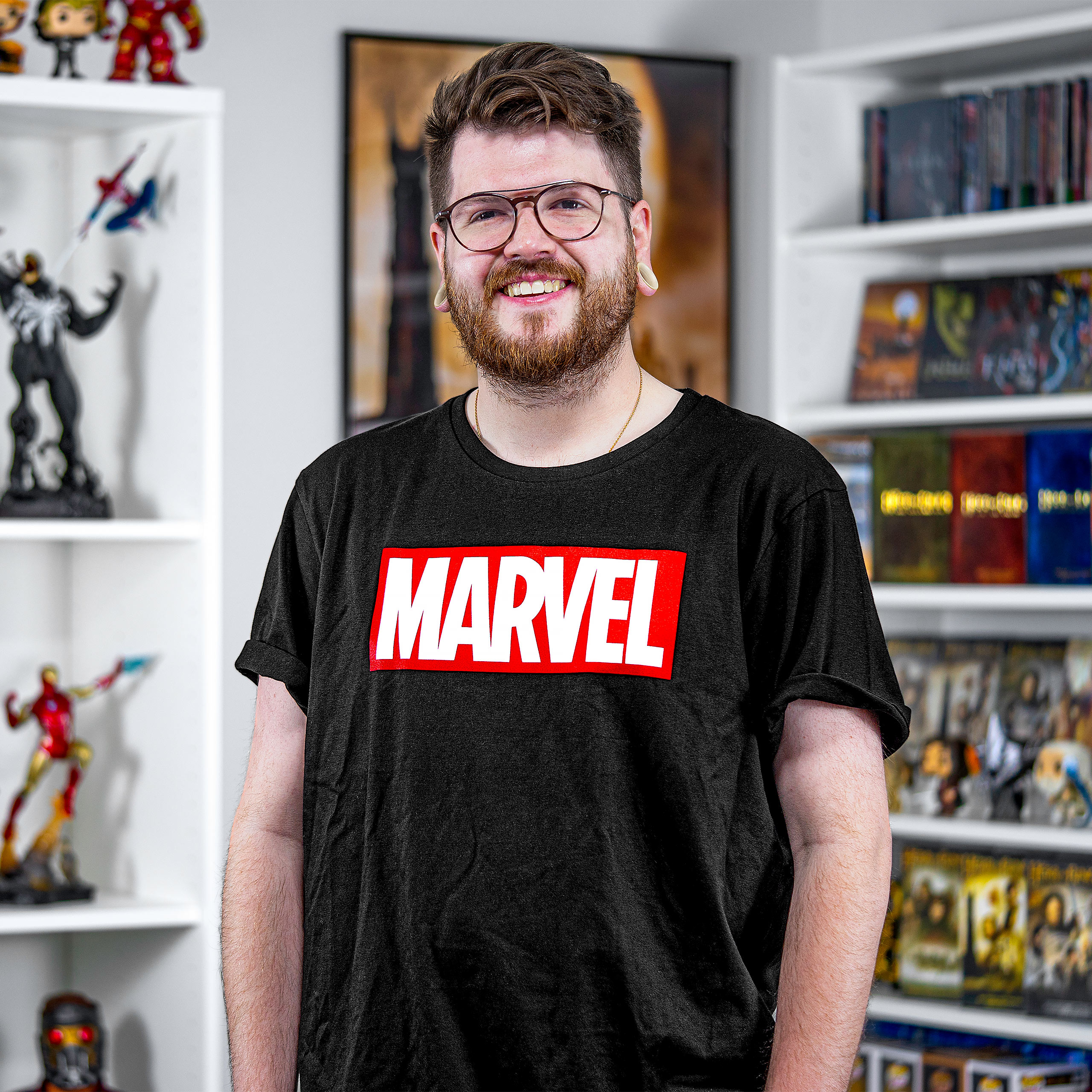Marvel
Marvel's beginnings date back to 1939, but the breakthrough came in the 60s when Stan Lee and Co. created the Fantastic Four. And Spider-Man, Wolverine, Thor and all their names. Today, Marvel is causing a sensation with the MCU!
-
All brands
-
Marvel
- T-shirts
- Funko figures
- Action figures
- characters
- Hoodies
- Jackets
- Shirts
- Baseball caps
- Replicas
- Hats
- Key chain
- cups
- Rucksacks
- Tops
- Christmas
- Lamps
- Pins
- purses
- Mousepads
- Knitwear
- To go mug
- Shoulder bags
- puzzle
- Costumes
- Stationery
- Pajamas
- Money boxes
- Socks
- bag
- Alarm clocks & wall clocks
- Sweatpants
- Card games
- Accessories
- Wristwatches
- Cookbooks
- Scarves
- Cans
- poster
- Umbrellas
- Plush figures
- Glasses
- pillow
- Cereal bowls
- Plate
-
Marvel
The best post-credits scene ever?
In the post-credits scene for The Avengers, the victorious heroes around Iron Man dine at a shawarma takeaway. But this apparently simple scene was a challenge of Thanos proportions! The whole thing was created after actual filming had ended. And since the actors were scattered halfway around the world, there was only one way to shoot the scene: on the day of the world premiere! Fun fact: Captain America actor Chris Evans couldn't even join in the meal because he had grown a beard for the film Snowpiercer. That's why he wears a prosthesis in the scene and covers a large part of his face with his hand.
Marvel and the confusing licensing multiverse
Can you imagine the Marvel Cinematic Universe without Iron Man? Without Thor, Black Widow, Hulk or Doctor Strange? Us neither! But that could so easily have happened. For a long time, the film rights to these characters were not owned by Marvel. They might have created the characters, but that doesn't mean they can just make an Avengers movie. Because there are confusing phenomena in our world that are difficult to explain, just like in the comic universes. For example, licensing law. Which to this day ensures that no X-Men appear in the MCU. At least not really. As you can already see, it's going to be complicated. Let's break it down.
Slow rise, rapid bankruptcy
The Marvel story is pretty long and turbulent, so we're blatantly abbreviating it for our purposes. With massive hits such as the Fantastic Four and The Amazing Spider-Man, the company has been on a single trajectory since the 1960s: upwards. This path was followed very successfully until the early 1990s, before their success went to their heads (something that afflicted other publishers too). Up until 1993, more and more comics in more and more variations were chucked onto the market to generate more and more money, and primarily to appeal to collectors. The result was a huge bubble, which then burst in the mid-1990s. And all of a sudden Marvel was on the brink of bankruptcy!
To survive, Marvel had to do two things in particular: waive film rights that they would have actually regained under previous deals, most importantly the X-Men and Fantastic Four. But they also had to sell other rights that they still owned. As a result, Marvel Entertainment was established, where films were conceived and sold to other studios, who then produced and released the films in cinemas. For example, Wesley Snipes became Blade for New Line Cinema.
Who owns who? It's complicated
20th Century Fox snapped up the X-Men rights in 1993. And the deal was pretty comprehensive! Because the rights include not only characters like Wolverine, but also the word "mutant". Which led to confusing situations like this: Marvel is not allowed to use Professor X etc. for the MCU, but it is allowed to use characters like Scarlet Witch and Quicksilver because both companies share the rights. This allowed Joss Whedon to use these two characters for Avengers: Age of Ultron as long as he did not call them mutants.
There are many characters that call various studios home; alongside Marvel and Fox, a small role is also played here by Constantin Film. But often there are shared rights as just described. That is why Kang the Conqueror fights both the X-Men and the Avengers. Individual characters are also great for classic bartering arrangements. The rights for Ego the Living Planet, for example, were held entirely by Fox. But the company gave these rights back to Marvel, which needed Ego for Guardians of the Galaxy Vol. 2, and in exchange they were allowed to adapt the powers of Negasonic Teenage Warhead for Deadpool. But all that is kid's stuff compared to Spider-Man and Sony.
The Spider-Man deal
The Spider-Man film rights were fought over for a full decade. One of these projects included James Cameron working on a Spidey film in which Doctor Otto Octavius was also going to appear, played by — please don't pull a face — Arnold Schwarzenegger. Thankfully, this never came about. Instead, Sony snapped up the rights to Peter Parker and 900 other characters in 1999, including Venom, Green Goblin, J. Jonah Jamison and Mary Jane Watson. As with the other deals, there is a built-in stopwatch: if Sony does not start production on a new film within five years and nine months, Spider-Man automatically crawls back to Marvel.
The highly successful Spider-Man trilogy by Sam Raimi starring Tobey Maguire was followed by The Amazing Spider-Man with Andrew Garfield, whose second adventure got a generally disappointing reception. It might sound dumb, but this was fantastic for Marvel fans! Because that's how Marvel and Sony came to the negotiating table to ship Peter Parker over into the MCU. The original agreement covered five films: Captain America: Civil War, Spider-Man: Homecoming, Avengers: Infinity War, Avengers: Endgame and Spider-Man: Far From Home. For the solo adventures, Marvel produced the films for Sony, who were allowed to collect all the profits, in return for Marvel being able to use the character for its ensemble films.
Then in 2019, things almost came to a breaking point. The culprit, as ever, was avarice. Disney wanted to go fifty-fifty on costs and revenues for future films, which Sony refused. Fortunately, the studios reached a settlement that gave Disney at least 25 per cent of the profits. The initial deal only covers two more films. Exactly how things will go after Spider-Man: No Way Home as far as content is concerned is impossible to say as yet. We don't want to spoil the ending of No Way Home at this point, but let's just say it keeps all avenues open for both studios. At the same time, Marvel's Kevin Feige already revealed that talks are underway with Sony about a fourth Spider-Man film.
The future
As far as Spider-Man is concerned, the licensing multiverse will remain confusing. With Venom and Morbius, Sony continues to work on its own superhero, or rather a supervillain world, and then there are the Into the Spider-Verse animated films. As far as the other big brands are concerned, things are going better for Marvel, in particular with Blade, X-Men and Fantastic Four. Although the rights are held by 20th Century Fox, they were bought by Disney in 2019. And that means the important brands are finally owned by a single company again. Unsurprisingly, Marvel has already officially announced Fantastic Four and Blade films. And an MCU appearance for the X-Men is also probably only a matter of time. And through the multiverse, as we now know, almost anything is possible. Perhaps Doctor Strange in the Multiverse of Madness will provide some answers about the future of the X-Men.
